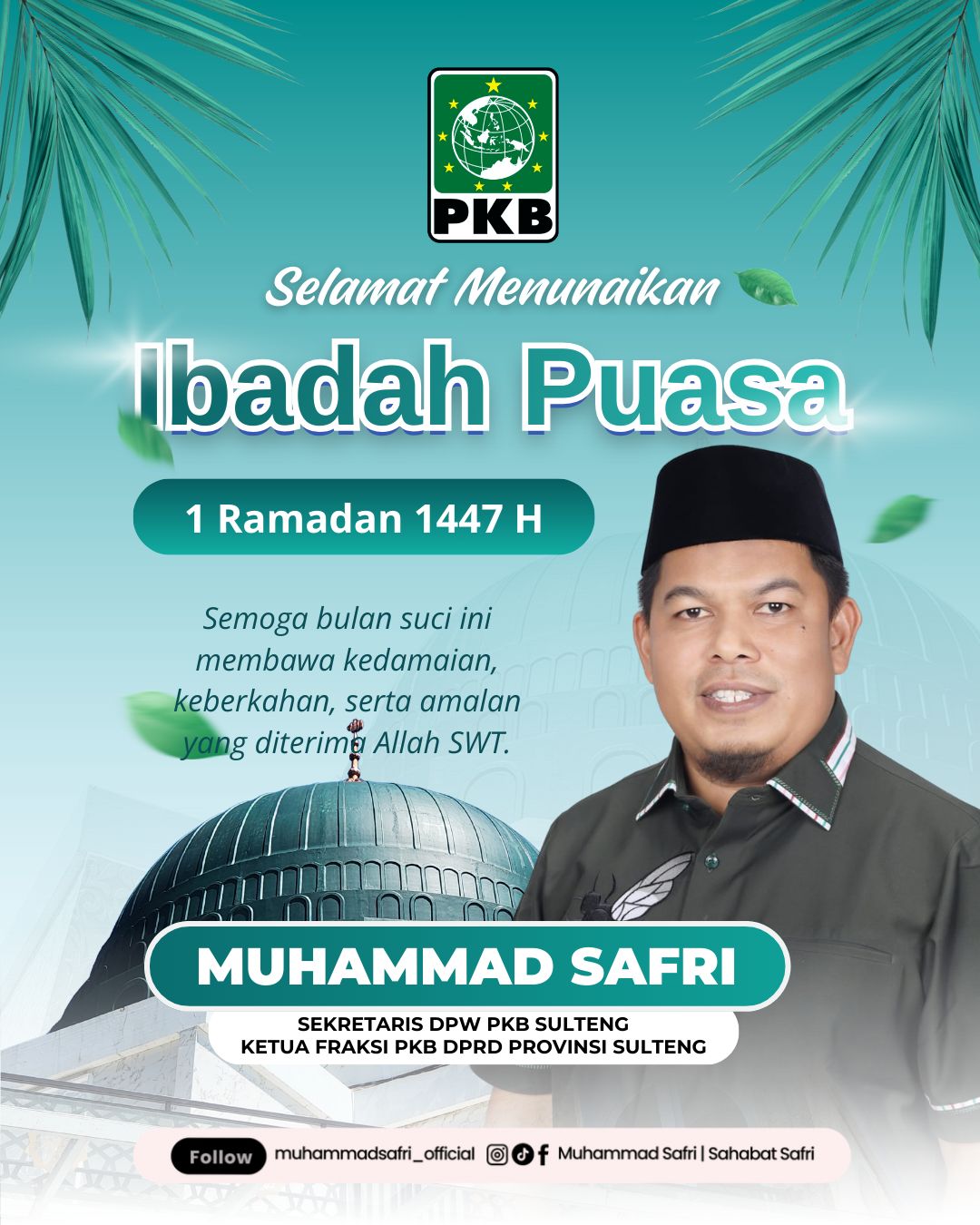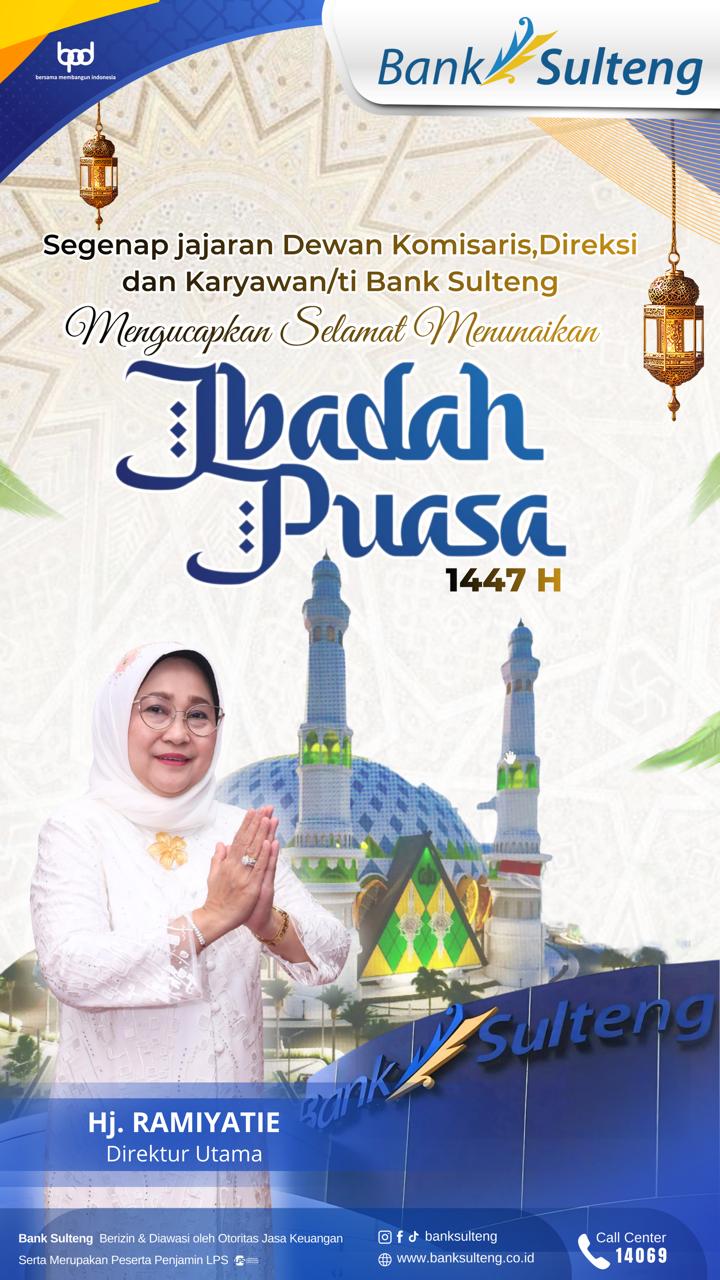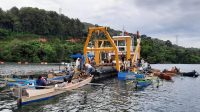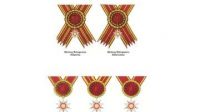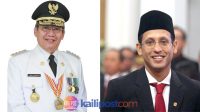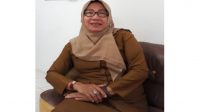 |
| Opening Cerremony AICIS 2018 in Ballroom Mercure Hotel Palu |
Reporter:
Ikhsan Madjido
Ikhsan Madjido
RADICALISM
and inclusiveness in Islam is the main issue discussed at a meeting of world
Islamic scholars in a forum called The 18th Annual Conference on Islamic
Studies (AICIS) 2018. This year as many as 1700 Islamic study scholars from
around the world discussed the gap between text- Islamic text with practice in
the field. For this year the theme of the AICIS meeting is “Islam in a
Globalizing World: Text, Knowledge, and Practice.
and inclusiveness in Islam is the main issue discussed at a meeting of world
Islamic scholars in a forum called The 18th Annual Conference on Islamic
Studies (AICIS) 2018. This year as many as 1700 Islamic study scholars from
around the world discussed the gap between text- Islamic text with practice in
the field. For this year the theme of the AICIS meeting is “Islam in a
Globalizing World: Text, Knowledge, and Practice.
AICIS is an Islamic
study forum initiated by Indonesia since 18 years ago. The meeting of Islamic
thinkers is a barometer of the development of Islamic studies and the meeting
place for the stakeholders of Islamic studies in the world.
study forum initiated by Indonesia since 18 years ago. The meeting of Islamic
thinkers is a barometer of the development of Islamic studies and the meeting
place for the stakeholders of Islamic studies in the world.
Violent campaigns
by ISIS and radical groups in various parts of the world are forcing these
scientists to gather to complement each other in contributing to Islamic forms
according to their original teachings. In the meeting initiated by the Ministry
of Religious Affair of the Republic of Indonesia, as many as 300 papers and
papers will be discussed in a high-level discussion attended by academics of
Islamic studies in various departments.
by ISIS and radical groups in various parts of the world are forcing these
scientists to gather to complement each other in contributing to Islamic forms
according to their original teachings. In the meeting initiated by the Ministry
of Religious Affair of the Republic of Indonesia, as many as 300 papers and
papers will be discussed in a high-level discussion attended by academics of
Islamic studies in various departments.
Religious Affairs
Minister, Lukman Hakim Saifuddin, who opened the event, said that forums like
this are important so that Islamic studies are not alienated from social
dynamics in society. “The discussion will discuss the extent to which
Islamic studies experts respond and provide solutions to social and religious
issues that have recently disturbed harmony,” he said at the Mercure
Hotel, Palu, (18/9).
Minister, Lukman Hakim Saifuddin, who opened the event, said that forums like
this are important so that Islamic studies are not alienated from social
dynamics in society. “The discussion will discuss the extent to which
Islamic studies experts respond and provide solutions to social and religious
issues that have recently disturbed harmony,” he said at the Mercure
Hotel, Palu, (18/9).
Cases of
intolerance, blasphemy, persecution, and cases of radicalism and terrorism
require responses that are not merely reactive but require empirical studies
and research. According to Ministry of Religious Affair, Islamic academics
should not be on top of ivory towers that are too preoccupied with research and
discussion and do not contribute to solving social, political, national and
national problems in Indonesia and the world.
intolerance, blasphemy, persecution, and cases of radicalism and terrorism
require responses that are not merely reactive but require empirical studies
and research. According to Ministry of Religious Affair, Islamic academics
should not be on top of ivory towers that are too preoccupied with research and
discussion and do not contribute to solving social, political, national and
national problems in Indonesia and the world.
“The era of
global openness has given rise to challenges everywhere, including Indonesia.
The shifting of religious tendencies to be more conservative and riding
political interests are examples of community dynamics that in fact create
problems. To this end, we must respond with wisdom,” he added. Ministry of
Religious Affair hopes that this conference will bring forth real contributions
dedicated to a peaceful world.
global openness has given rise to challenges everywhere, including Indonesia.
The shifting of religious tendencies to be more conservative and riding
political interests are examples of community dynamics that in fact create
problems. To this end, we must respond with wisdom,” he added. Ministry of
Religious Affair hopes that this conference will bring forth real contributions
dedicated to a peaceful world.
One of the desired
contributions from Islamic academics is the contagious idea of populism. The
good news, so far the world has increasingly realized that Islam Nusantara and
has its own peculiarities in responding to radicalism and religious-based conservativism.
contributions from Islamic academics is the contagious idea of populism. The
good news, so far the world has increasingly realized that Islam Nusantara and
has its own peculiarities in responding to radicalism and religious-based conservativism.
The keynote
speakers at the series of meetings were the Minister of Religion of the
Republic of Indonesia, Lukman Hakim Saifuddin and Dominik Müller Ph.D from the
Max Planck Institute for Social Anthropology, Germany, who are religious
anthropologists whose research is based in Southeast Asia including Indonesia.
Other foreign speakers are Prof. Dr. Hans Christian Gunther from Albert Ludwig
Universitat, Freiburg, Germany, Dr. Hew Wai Weng from University Kebangsaan
Malaysia, and Dr. Ken Miichi from Waseda University, Japan.**
speakers at the series of meetings were the Minister of Religion of the
Republic of Indonesia, Lukman Hakim Saifuddin and Dominik Müller Ph.D from the
Max Planck Institute for Social Anthropology, Germany, who are religious
anthropologists whose research is based in Southeast Asia including Indonesia.
Other foreign speakers are Prof. Dr. Hans Christian Gunther from Albert Ludwig
Universitat, Freiburg, Germany, Dr. Hew Wai Weng from University Kebangsaan
Malaysia, and Dr. Ken Miichi from Waseda University, Japan.**


